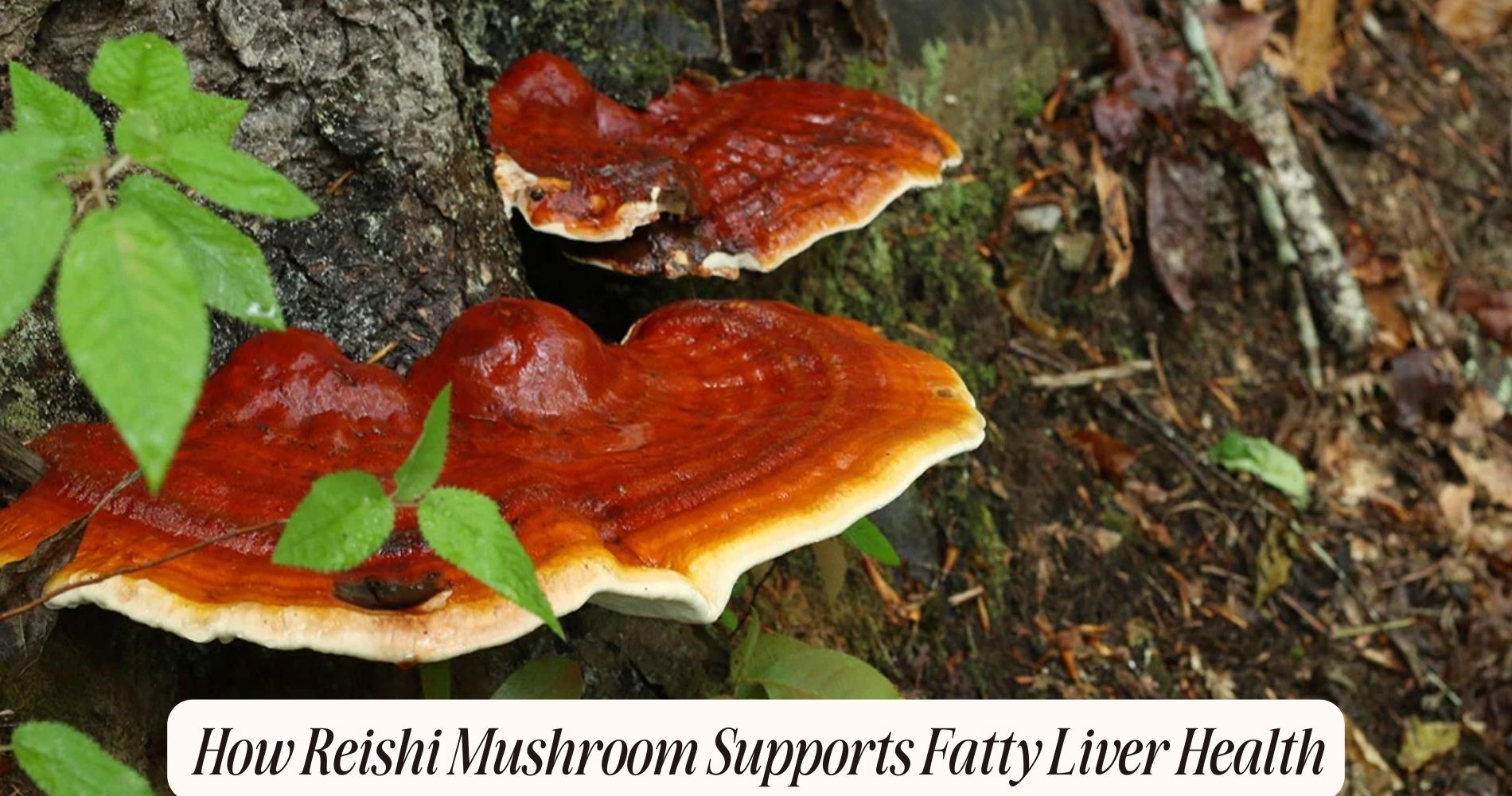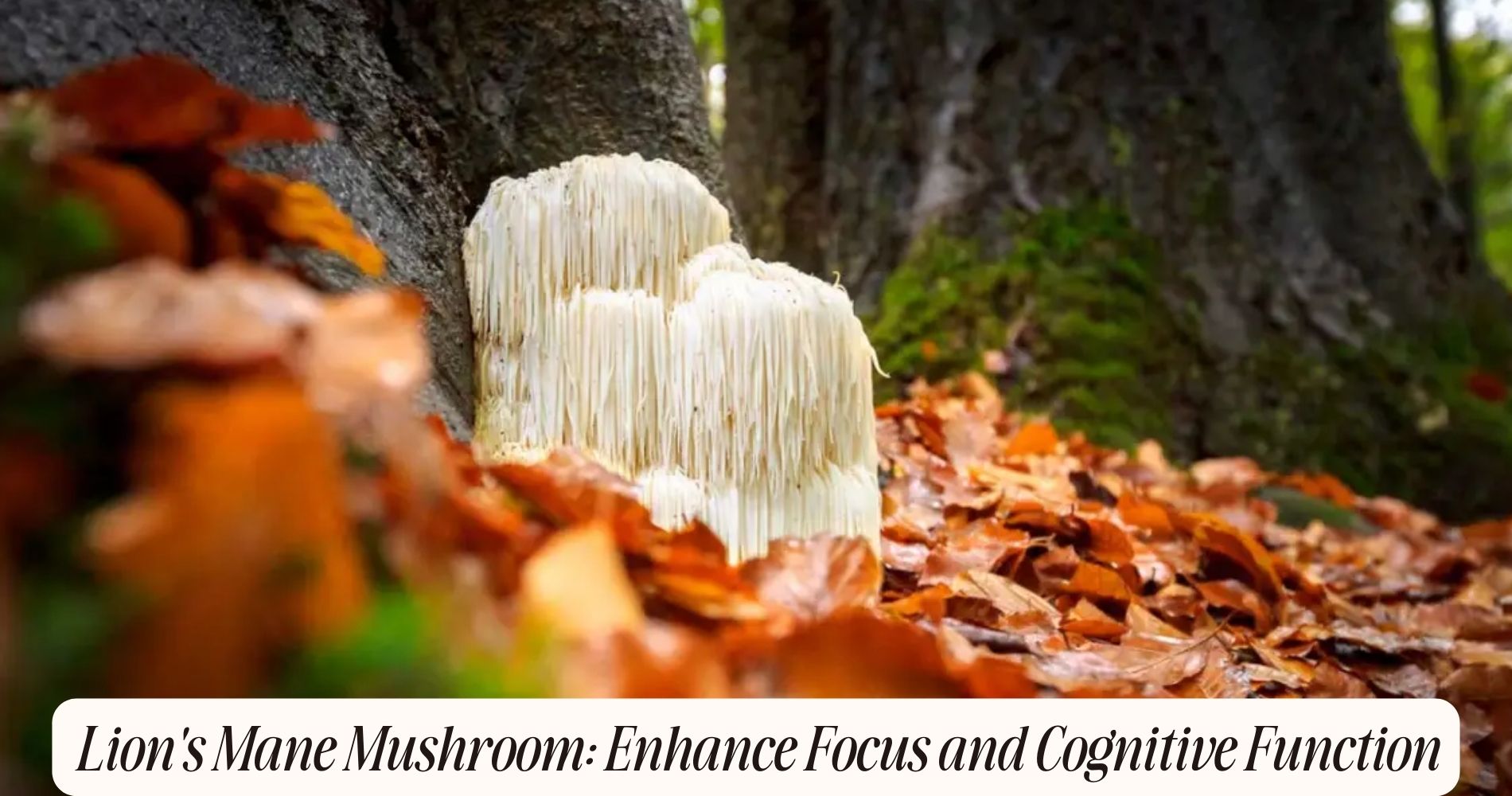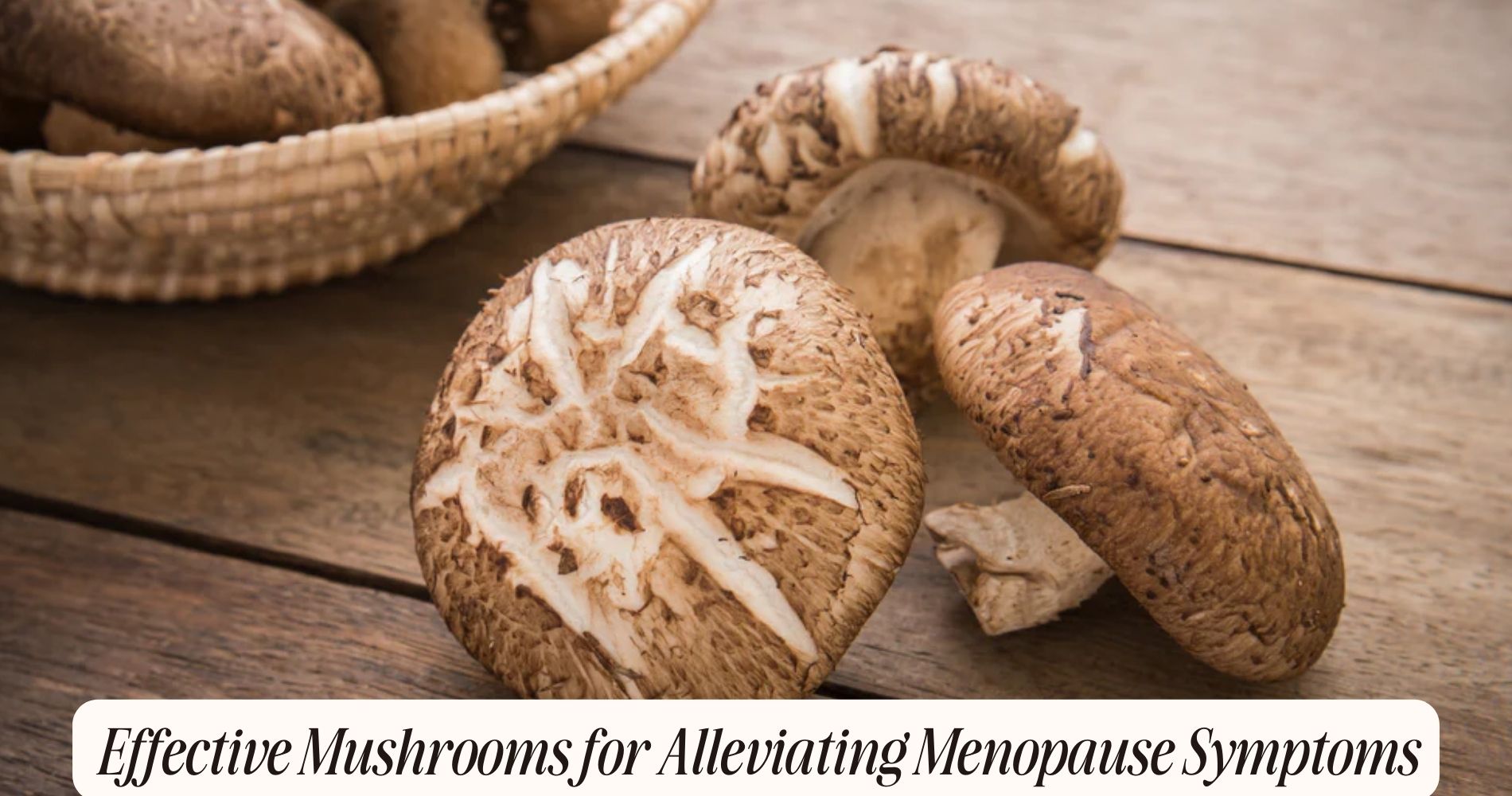
How Reishi Mushroom Supports Fatty Liver Health
The Role of Reishi Mushroom
Exploring the benefits of Reishi mushroom reveals its potential impact on improving liver health and addressing conditions like fatty liver disease. Reishi mushroom, scientifically known as Ganoderma lucidum, has been valued for centuries in traditional medicine for its various health benefits. When it comes to liver function enhancement, Reishi mushroom contains bioactive compounds such as triterpenes and polysaccharides that have shown hepatoprotective effects in studies. These compounds help to reduce inflammation, oxidative stress, and liver damage, thereby supporting overall liver health.

Studies have indicated that Reishi mushroom benefits the liver by promoting the growth of new liver cells, enhancing the liver's detoxification processes, and improving overall liver function. By incorporating Reishi mushroom into your diet or as a supplement, you may potentially help prevent fatty liver disease or support existing treatments. It's essential to consult with a healthcare professional before making any significant changes to your diet or lifestyle, especially if you have existing liver conditions.
Understanding Fatty Liver Disease
Reishi mushroom's potential impact on improving liver health extends to addressing conditions such as fatty liver disease, a common yet often asymptomatic condition where fat accumulates in the liver cells. When it comes to managing fatty liver disease, dietary changes play an important role. A diet rich in fruits, vegetables, whole grains, and lean proteins while limiting saturated fats, sugars, and refined carbohydrates can help reduce fat buildup in the liver. Additionally, weight management through regular exercise is essential in improving fatty liver disease.

Treatment options for fatty liver disease vary depending on the severity of the condition. For individuals with non-alcoholic fatty liver disease (NAFLD), lifestyle modifications like dietary changes and increased physical activity are often the first line of defense. In cases where fatty liver disease progresses to non-alcoholic steatohepatitis (NASH), medical intervention may be necessary. This can include medications to manage underlying conditions like diabetes or high cholesterol, as well as close monitoring by healthcare providers to prevent further liver damage.
Anti-Inflammatory Properties
Reishi mushroom's anti-inflammatory properties can help reduce inflammation in your body, potentially benefiting individuals with fatty liver disease. By decreasing inflammation, reishi may support liver health and contribute to overall well-being.
Its immune system support could further aid in combating liver-related issues.
Inflammation Reduction Benefits
Incorporating reishi mushroom into your dietary routine may assist in reducing inflammation due to its significant anti-inflammatory properties. Studies suggest that reishi mushroom can help modulate the gut microbiota, promoting a balanced and healthy gut environment. By doing so, it can potentially decrease inflammation in the body.
Additionally, reishi mushroom's antioxidant effects play an important role in combating oxidative stress, which is a common trigger for inflammation. The active compounds in reishi mushroom, such as triterpenes and polysaccharides, are believed to be responsible for its anti-inflammatory properties.
Including reishi mushroom as part of a well-rounded diet may be a beneficial strategy in managing inflammation and supporting overall health.
Liver Health Improvement
The anti-inflammatory properties of reishi mushroom may contribute to improving liver health by reducing inflammation in the body. Chronic inflammation is a key driver of liver diseases, including fatty liver disease. Incorporating reishi mushroom into your dietary habits can help combat this inflammation.
Additionally, maintaining healthy dietary habits rich in fruits, vegetables, and whole grains while limiting processed foods and sugars can further support liver health. Regular exercise routines can also aid in reducing inflammation and improving overall liver function.
Immune System Support
How can the anti-inflammatory properties of reishi mushroom contribute to supporting your immune system health?
Reishi mushrooms contain bioactive compounds like triterpenes and polysaccharides, which have been shown to have potent anti-inflammatory effects. By reducing inflammation in the body, reishi mushrooms can help support a healthy immune system. Chronic inflammation can weaken the immune response, making the body more susceptible to infections and diseases.
Detoxification Support
To support detoxification, consider adding Reishi mushroom to your daily routine for its potential liver-protective properties. Liver detoxification is an essential process for overall health, especially in the context of conditions like fatty liver disease. Research suggests that Reishi mushroom, known for its antioxidant and anti-inflammatory effects, may aid in liver detoxification and support fatty liver reversal.
Studies have shown that Reishi mushroom contains bioactive compounds such as triterpenes and polysaccharides, which can help enhance liver function and promote the elimination of toxins from the body. By incorporating Reishi mushroom into your diet or as a supplement, you may provide your liver with additional support in its detoxification processes.
Furthermore, Reishi mushroom is believed to modulate various signaling pathways involved in detoxification and inflammation, potentially contributing to the overall health of the liver. While more research is needed to fully understand the mechanisms at play, incorporating Reishi mushroom into your routine may offer a natural and effective way to support liver detoxification and promote excellent liver function.
Liver Enzyme Balance
Consider how Reishi mushroom's impact on liver detoxification extends to promoting a healthy balance of liver enzymes. Enzyme regulation plays an important role in maintaining excellent liver function. Reishi mushroom contains bioactive compounds that have been shown to support the regulation of liver enzymes, such as alanine aminotransferase (ALT) and aspartate aminotransferase (AST). These enzymes are essential for various metabolic processes in the liver, including protein metabolism and energy production. By promoting the balance of these enzymes, Reishi mushroom helps ensure that the liver can efficiently carry out its functions.
Maintaining proper enzyme levels is crucial for overall liver health. Imbalances in liver enzymes can indicate liver damage or dysfunction. Reishi mushroom's ability to support enzyme regulation can help protect the liver from potential harm and promote its overall well-being. By incorporating Reishi mushroom into your routine, you can aid in maintaining a healthy balance of liver enzymes and support excellent liver function.
Oxidative Stress Reduction
Reducing oxidative stress in the liver can enhance its resilience and overall function, an important aspect of maintaining peak liver health. Oxidative damage, caused by an imbalance between free radicals and antioxidants, plays a significant role in the progression of fatty liver disease. Reishi mushroom, known for its potent antioxidant effects, can help combat this oxidative stress and protect liver cells from damage.

Studies have shown that reishi mushroom contains bioactive compounds such as triterpenes and polysaccharides that exhibit strong antioxidant properties. These compounds work by scavenging free radicals and reducing oxidative damage in the liver. By neutralizing harmful molecules, reishi mushroom aids in maintaining the balance between oxidation and antioxidant defense mechanisms in the liver.
Incorporating reishi mushroom into your routine may help mitigate oxidative stress in the liver, ultimately supporting liver health. Its antioxidant effects can contribute to reducing inflammation and improving overall liver function. By combatting oxidative damage, reishi mushroom serves as a natural ally in promoting a healthy liver.
Immune System Modulation
Combatting oxidative stress in the liver with reishi mushroom can also lead to immune system modulation, enhancing the liver's ability to respond to challenges and maintain peak functionality. Reishi mushroom contains bioactive compounds that have been shown to regulate the immune system's response. By modulating the immune system, reishi mushroom can help reduce inflammation in the liver, which is essential for overall liver health.
Immune modulation by reishi mushroom offers various health benefits for individuals with fatty liver disease. It can help in balancing the immune response within the liver, preventing excessive inflammation that can further damage liver cells. Additionally, reishi mushroom's immune-modulating properties support the liver in fighting off infections and maintaining its detoxification functions.
Potential Side Effects
Reishi mushroom, while generally well-tolerated, may cause mild gastrointestinal discomfort in some individuals. This can manifest as symptoms like upset stomach, diarrhea, or bloating. These side effects are usually mild and temporary, resolving on their own once the body adjusts to the mushroom. If you experience persistent or severe gastrointestinal issues after taking reishi mushroom, it's advisable to discontinue use and consult a healthcare provider.
When considering reishi mushroom supplementation, it's essential to adhere to recommended dosage guidelines. While there's no standardized dosage for reishi mushroom, studies have shown beneficial effects with daily doses ranging from 1.5 to 9 grams of the mushroom extract. Starting with a lower dose and gradually increasing it can help assess your tolerance and minimize the risk of experiencing side effects.
Simplify Your Health Routine with Well Gummies
Frequently Asked Questions
Can Reishi Mushroom Cure Fatty Liver Disease Completely?
Reishi mushroom has shown promising results in clinical studies for fatty liver disease. While it may not cure the condition completely, it can be considered as part of alternative treatments. Consulting a healthcare provider is advisable.
Is It Safe to Consume Reishi Mushroom With Other Medications?
When combining reishi mushroom with other medications, be cautious of potential drug interactions and side effects. It is crucial to consult a healthcare provider before starting any new supplements to guarantee safety and effectiveness.
How Long Does It Take to See Results When Using Reishi Mushroom?
You may begin noticing improvements from using reishi mushroom within a few weeks. Patient testimonials often report positive results after consistent usage. The effectiveness of reishi mushroom on various health aspects can vary, so individual timelines may differ.
Are There Any Specific Dosages Recommended for Fatty Liver Health?
For fatty liver health, specific dosages of reishi mushroom are important. Follow recommended guidelines for effectiveness. Consider long-term benefits and potential risks. Consistency is key to see results. Consult a healthcare provider for personalized advice.
Can Pregnant Women or Children Use Reishi Mushroom for Liver Support?
For safety concerns, pregnant women and children should avoid using reishi mushroom without consulting a healthcare provider due to limited research. While reishi has potential benefits, it's important to prioritize safety and seek professional advice.
Conclusion
To sum up, incorporating reishi mushroom into your diet may support fatty liver health by:
- Reducing inflammation
- Aiding in detoxification
- Balancing liver enzymes
- Reducing oxidative stress
- Modulating the immune system
While reishi mushroom has shown promising benefits, it's important to consult with a healthcare provider before adding it to your routine, as there may be potential side effects for some individuals. Stay informed and prioritize your liver health with the help of reishi mushroom.




